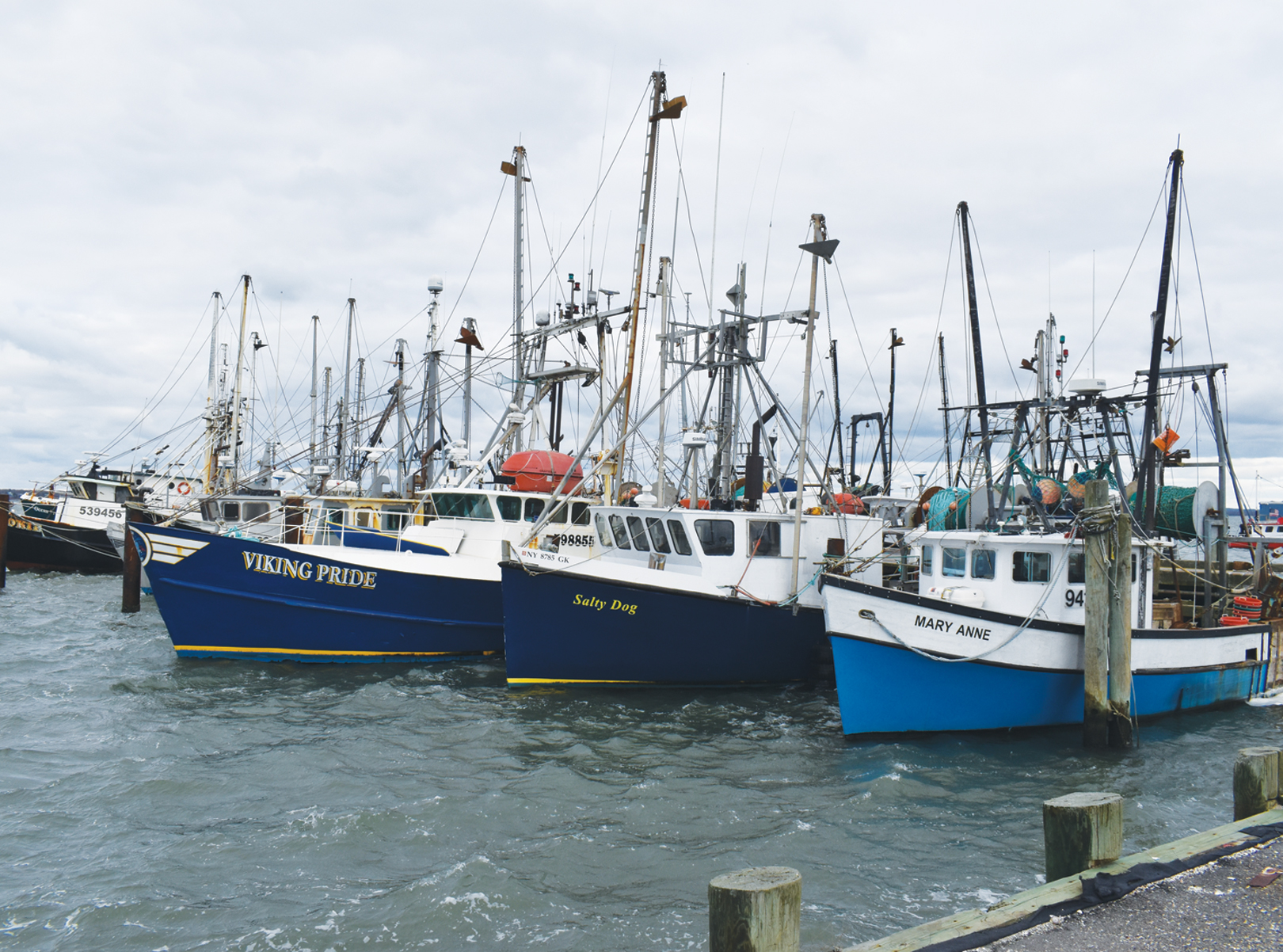Suffolk Aims to Help Fishing Industry with Working Waterfronts Program

Suffolk County lawmakers have approved the creation of the Working Waterfronts Program to help preserve the region’s commercial fishing industry using the same tools as the county’s farmland preservation efforts.
The county legislature unanimously passed the bill on Sept. 3 to establish a framework to acquire conservation easements on working waterfront properties. When Suffolk County Executive Ed Romaine signs the legislation known as Chapter 26 into law, it will create a committee that will oversee the program administration, review applications from waterfront property owners, conduct site visits, and advise on easement acquisitions.
“Long Island has had a long and proud marine history, and the overwhelming support for this effort demonstrates that my legislative colleagues and the county executive are committed to protecting and preserving our working waterfronts for future generations,” said Suffolk Legislator Catherine Stark (R-Riverhead), who authored the bill.
More than 800 waterfront properties are involved in the commercial fishing industry, according to a county study conducted before the bill was passed. Suffolk is home to 2,949 maritime-related businesses employing approximately 38,419 people, which makes up 6.1% of the county’s economy, according to the National Oceanic and Atmospheric Administration.
The Long Island Commercial Fishing Association welcomed the news.
“The passage of this resolution would signal Suffolk County’s understanding that commercial fishing is not an expendable relic of the past but a living, productive, and necessary part of Long Island’s present and future trajectory,” LICFA Executive Director Bonnie Brady wrote in a letter of support. “It’s not just about boats and nets, it’s about food security, local jobs, commercial fishing heritage, and economic diversity.”
The Working Waterfront Committee will be composed of maritime industry experts with representatives from each of the 10 Suffolk towns, the county executive, the county legislature, and the maritime sector. The county’s Department of Economic Development and Planning will assist the committee before recommendations are given to the legislature for approval.





